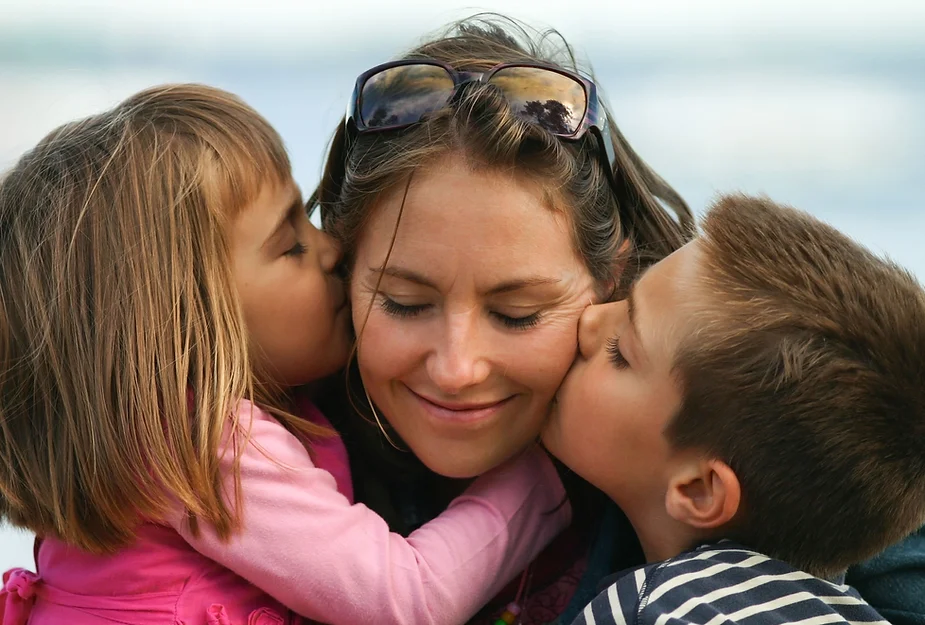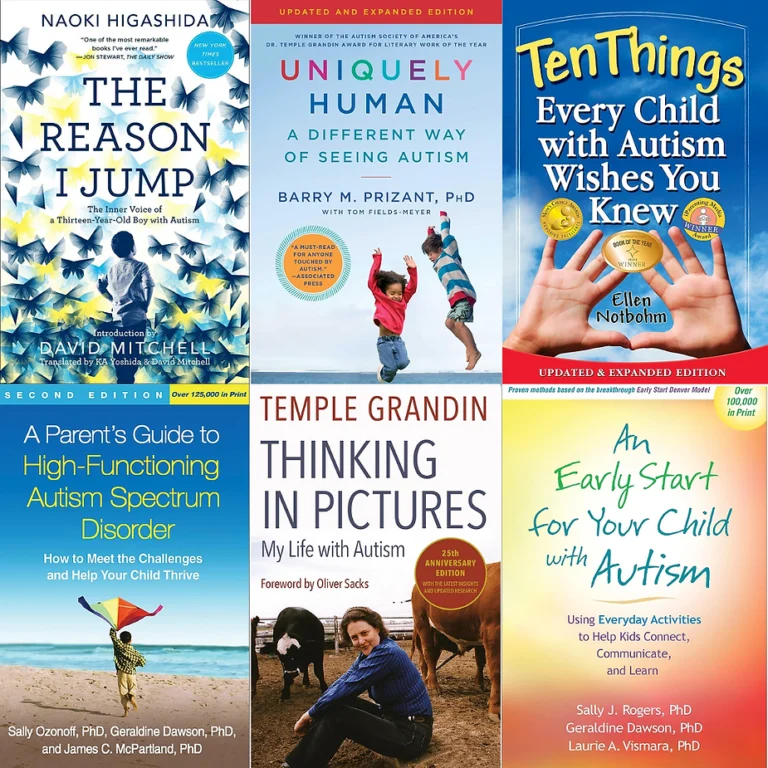Effective Methods for Communicating and Asking Kids Questions

This post may contain affiliate links and I could earn a small commission at no cost to you. However, I will never recommend anything that I do not believe in or use myself. You can read more about my disclosure policy here.
As parents, we all share the desire to connect with our children and understand the events of their day, both the highs and the lows.
The foundation of a strong parent-child relationship lies in fostering open and meaningful communication, creating a secure space where our children can freely confide in us as they grow older.
Our children possess unique perspectives on the world, and through asking them questions, we gain valuable insights into their thoughts, feelings, and experiences.
As parents, we continuously seek opportunities to engage our children in meaningful conversations. One powerful tool in achieving this is the use of open-ended questions.
Unlike closed-ended queries that yield brief responses, open-ended questions create an inviting environment for our children to delve deep, express their thoughts, and explore ideas extensively.
The result? A rich and intimate understanding of their inner world.
Keep reading to explore effective methods for engaging in conversations with our children, encouraging them to open up and share their perspectives without hesitation.
We will delve into the art of asking open-ended questions and discover how this practice significantly benefits our children’s cognitive development.
How to Communicate With Your Kids
1. Create a Safe and Comfortable Environment
The first step in establishing effective communication with kids is to create a safe and comfortable environment where they feel secure to share their thoughts and feelings. Encourage an open-door policy, where kids know they can approach you anytime without judgment or criticism. Show empathy and active listening, which will make them feel valued and understood, leading to more honest and open responses.
2. Ask Open-Ended Questions
To promote meaningful discussions, it’s crucial to ask open-ended questions rather than ones that can be answered with a simple “yes” or “no.” Open-ended questions encourage kids to think critically and articulate their feelings or experiences in their own words.
3. Use Age-Appropriate Language
Communicating effectively with kids also involves using language appropriate for their age and developmental stage. Avoid using complex words or concepts that might confuse them. Tailor your language to suit their understanding, ensuring your questions are clear and straightforward.
4. Be Curious and Show Interest
Kids are naturally curious beings, and by showing genuine interest in their activities and interests, you encourage them to open up and share more. Take an active interest in their hobbies, games, and school projects. This demonstrates that you care about their passions and are eager to learn more about their world.
5. Encourage Storytelling
Children often express themselves better through storytelling or imaginative play. Encourage them to share stories about their day, their dreams, or even make-believe scenarios. Storytelling allows kids to explore emotions and experiences in a creative and non-threatening way, leading to deeper insights into their lives.
6. Be Patient and Respectful
Effective communication with kids may require patience, especially when they take their time to respond or struggle to find the right words. Avoid interrupting or finishing their sentences for them. Instead, wait patiently, allowing them to gather their thoughts and express themselves in their own time.
7. Acknowledge and Validate Their Feelings
When children express their emotions or share their experiences, it’s essential to acknowledge and validate their feelings. Even if their emotions seem trivial to adults, remember that their experiences are significant to them. Offer reassurance and support, ensuring they feel heard and understood.
Related: Positive Affirmations For Autistic Children You Need To Know

How To Ask Kids Questions
1. Ask Open-Ended Questions
Asking kids open-ended questions is a valuable tool for parents and educators to foster creativity, critical thinking, and effective communication skills. By incorporating these thought-provoking inquiries into daily conversations, we encourage children to explore their imaginations, express their ideas freely, and develop a deeper understanding of the world around them.
2. What are Open-Ended Questions?
Open-ended questions are thought-provoking inquiries that invite children to share their feelings, thoughts, or ideas without limiting their responses to a simple “yes” or “no.” These questions encourage children to elaborate, reflect, and think more deeply about the topic at hand.

Benefits of Asking Open-Ended Questions
1. Encourages Creativity
Open-ended questions tap into a child’s imagination and creativity, allowing them to explore various possibilities and scenarios. This fosters their ability to think outside the box and come up with innovative solutions to problems.
2. Enhances Communication Skills
By encouraging kids to articulate their thoughts and ideas, open-ended questions help improve their communication skills. It teaches them how to express themselves effectively, leading to stronger interpersonal relationships.
3. Develops Critical Thinking
Open-ended questions challenge children to analyze situations, consider different perspectives, and weigh the pros and cons before formulating their answers. This cultivates their critical thinking abilities, preparing them to make informed decisions later in life.
4. Boosts Confidence
When children are given the opportunity to express themselves freely without fear of judgment, it boosts their self-confidence and self-esteem. They learn that their thoughts and opinions are valuable, contributing to a positive self-image.
Related: Building Strong Self-Esteem in Children: A Parent’s Guide

Tips for Asking Open-Ended Questions
1. Be Patient and Allow Silence
Some children may need more time to process a question and formulate their response. Be patient and avoid rushing them to answer. Allow a moment of silence to encourage thoughtful reflection.
2. Avoid Judgment
Ensure your tone and body language are non-judgmental and supportive. Children are more likely to open up when they feel safe and free from criticism.
3. Use “What,” “How,” and “Why”
Begin your questions with words like “What,” “How,” and “Why” to prompt more elaborate responses. For example, “What do you think about this story?” or “Why did you choose that color for your drawing?”
4. Tailor Questions to the Child’s Age
Adapt your questions to the kids age and developmental stage. Younger children might need simpler questions, while older ones can handle more complex inquiries.
Related: 100+ Of The Best One on One Activities to Do with Kids

15 Open-Ended Questions to Ask Your Kids After School
1. What was the best thing that happened at school today?
2. What was the most interesting thing you learned at school today?
3. What was the worst thing that happened at school today?
4. What was the hardest thing you had to do today?
5. What is something that made you laugh today?
6. What’s the biggest difference between this year and last year?
7. Tell me about a fun activity you did with your friends at recess.
8. Who did you sit by at lunch today? What did you talk about?
9. What part of school is your favorite?
10. What’s your favorite time of day at school?
11. What subject do you like the best? Why?
12. What are you looking forward to at school tomorrow?
13. If you could change one thing about your school day, what would it be and why?
14. Were you able to finish all of your work today?
15. What class rules does your teacher say are important?
15 Open-Ended Questions to Ask Your Child During Family Time or at the Dinner Table
1. What is your favorite thing to do?
2. What makes you happy?
3. What do you want to be when you grow up?
4. If you could have any superpower, what would you have?
5. If you could go anywhere in the world, where would you go and why?
6. If you opened a store, what would you sell?
7. If you could be any animal, what kind would you be?
8. What is your favorite food?
9. What is the yuckiest thing you’ve ever eaten?
10. How would you describe a perfect day for yourself?
11. If you had to live with a cartoon character, who would you pick?
12. What is something you would like to learn how to do?
13. Which holiday do you like the most and why?
14. What is something that makes you laugh?
15. What made you smile today?
15 Open-Ended Questions to Ask Your Child at Bedtime
1. What was your favorite part of your day?
2. What was your least favorite part of your day?
3. What fun thing did you do today?
4. What made you feel happy today?
5. How many times did you smile today?
6. Who was kind to you?
7. Who helped you today?
8. What did you do to help someone today?
9. What happened today that you are grateful for?
10. What plans do you have to make tomorrow amazing?
11. Can you share something new that you learned today?
12. What kind of dreams do you think you’ll have tonight?
13. What was a challenge you faced today, and how did you handle it?
14. Is there something that happened today that you wish you could change or do differently? Why?
15. How can I make your bedtime routine even better or more special for you?
Final Thoughts
Effective communication with kids is a two-way street that requires empathy, patience, and a genuine desire to connect with them. By creating a safe and comfortable environment, using age-appropriate language, and asking kids open-ended questions, we can foster meaningful conversations with children.
As we listen, show interest, and validate their feelings, we build trust and encourage them to share their thoughts and experiences more openly.
These communication skills not only strengthen the bond between adults and children but also contribute to the holistic development of our young ones. So, let’s commit to being better communicators and nurturers, as we embark on this beautiful journey of understanding and supporting our children.
Recommended
- Positive Affirmations For Autistic Children You Need To Know
- 100+ Of The Best One on One Activities to Do with Kids
- Building Bridges: Effective Methods for Communicating and Asking Kids Questions






